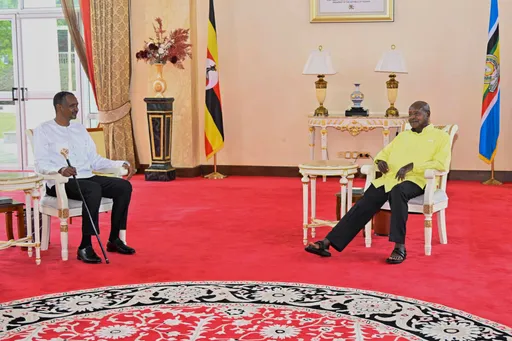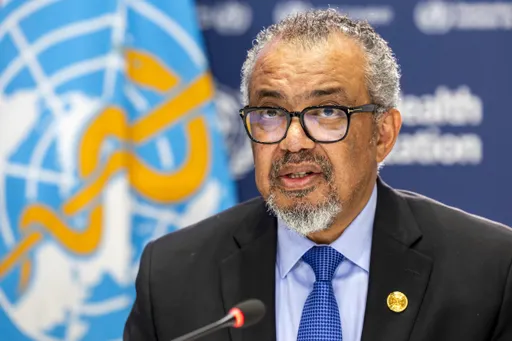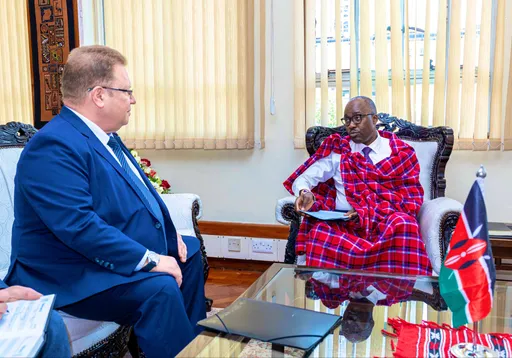The leaders of the Commonwealth group of nations are meeting at a welcome banquet in Samoa in the South Pacific on Thursday, with climate change and reparations for Britain's role in the transatlantic slave trade on the agenda of summit.
Leaders and officials from 56 countries that were under UK's colonial empire, as well as Britain's King Charles, are attending the Commonwealth Heads of Government Meeting (CHOGM) that began on Monday.
The countries' foreign ministers also began a day of discussions on Thursday.
Key on the agenda is a push for Britain to pay reparations for transatlantic slavery, a long-standing issue that has recently been gaining momentum worldwide.
Racial inequalities
Countries under the Caribbean Community (CARICOM) and the African Union are at the forefront of the campaign.
British Prime Minister Kier Starmer said on Monday the UK will not bring the issue of reparations for historical transatlantic slavery to the table at the summit, but is open to engage with leaders who want to discuss it.
He suggested that the focus at the summit should be on the current and future challenges instead of historical wrongs.
However, activists and countries whose citizens were enslaved say the legacy of slavery has resulted in persistent and vast racial inequalities and economic backwardness today.
Kidnapped, shipped
A CARICOM source familiar with the matter told Reuters news agency that CHOGM presents an “important opportunity” for discussion on reparations and the region will be tabling the issue there.
"It is a priority for many of the Commonwealth's member countries and whenever those affected by atrocities ask to talk, there should always be a willingness to sit down and listen," said Kingsley Abbott, director of the University of London's Institute of Commonwealth Studies, who is attending the summit.
From the 15th to the 19th century, at least 12.5 million Africans were kidnapped and forcibly transported by European ships and merchants and sold into slavery.
Those who survived the brutal voyage ended up toiling on plantations under inhumane conditions in the Americas, mostly in Brazil and the Caribbean, while their enslavers profited from their labour.
➤Click here to follow our WhatsApp channel for more stories.























